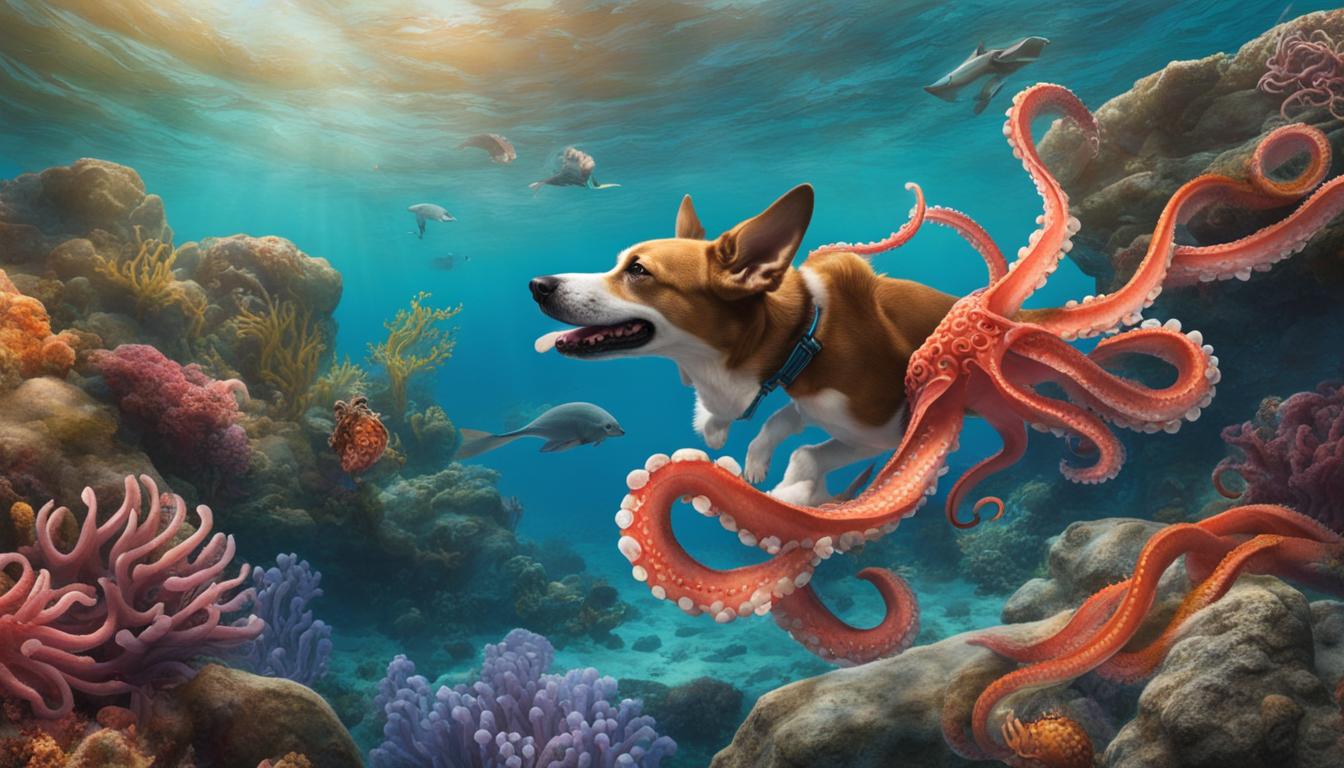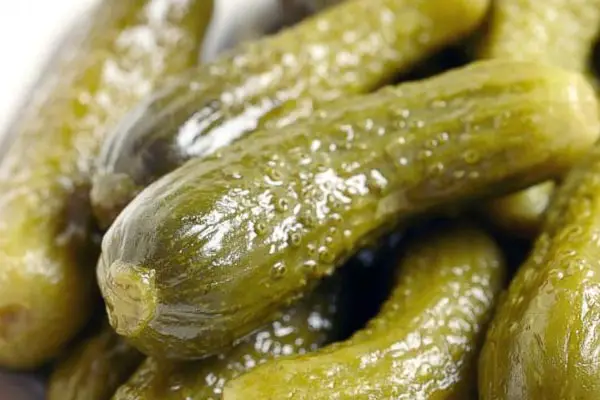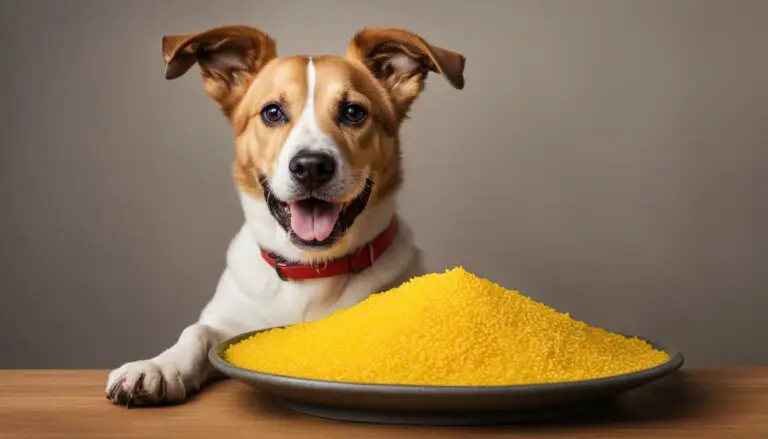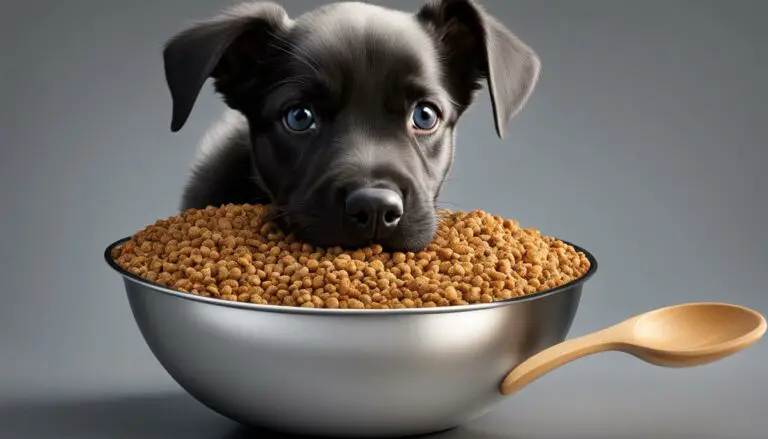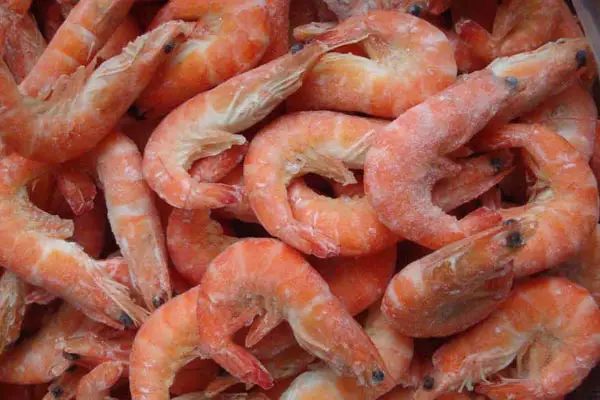Can Dogs Eat Octopus? – A Comprehensive Guide for Pet Owners
As devoted pet owners, ensuring the well-being of our canine companions is a top priority. Wondering about the safety of dogs consuming octopus? Cooked and unsalted octopus can be a nutritious source of protein, low in fat and calories, with essential omega-3 fatty acids and vital vitamins.
However, caution is needed with raw, dried, canned, breaded, or fried forms to avoid potential risks like choking, contamination, bacteria, and sodium issues.
While feeding octopus can offer health benefits, consulting with a veterinarian before introducing new foods is always advisable for the safety and appropriateness of your dog’s specific needs.
Is Octopus Safe for Dogs to Eat?
Is it safe to feed octopus to your dog? Cooked octopus can be a nutritious and safe addition to your dog’s diet. However, it’s crucial to avoid raw octopus due to potentially harmful bacteria. Processed forms like dried, canned, breaded, or fried octopus should also be steered clear of, as they might contain excessive salt and preservatives harmful to dogs.
Before making any dietary changes, consulting a veterinarian is essential. They can offer personalized advice, assessing your dog’s needs and potential risks, and ensuring a safe incorporation of octopus into your dog’s meals.
| Risks of Feeding Octopus to Dogs | Precautions |
|---|---|
| Choking Hazard: | Ensure the octopus is cut into small, manageable bites to prevent choking. |
| Heavy Metal Contamination: | Choose high-quality octopus and avoid feeding it excessively to minimize the risk of heavy metal ingestion. |
| Potential Bacteria: | Thoroughly cook the octopus to eliminate any harmful bacteria. |
| Sodium Poisoning: | Avoid giving dogs octopus that has been seasoned or contains added salt. |
How to Prepare Octopus for Dogs
When incorporating octopus into a dog’s diet, it is crucial to prepare it properly to ensure both taste and safety. Here are some guidelines for preparing octopus for dogs:
Cooking and Serving
- Start by cooking the octopus without any added salt or oil. Boiling or steaming the octopus until it is fully cooked is recommended.
- Once the octopus is cooked, it can be sliced and mixed with the dog’s regular meals. Remove any skin or tough parts that may pose a choking hazard.
- For homemade dried octopus snacks, slice the cooked octopus legs and dehydrate them in a dehydrator or oven on low heat. Store the dried octopus slices in an airtight container in the refrigerator or freezer for long-term storage.
Table 3: Octopus Preparation Guidelines for Dogs
| Step | Instructions |
|---|---|
| Cooking | Cook the octopus without salt or oil through boiling or steaming. |
| Slicing | Slice the cooked octopus and remove any skin or tough parts to avoid choking hazards. |
| Mixing | Mix the sliced octopus with the dog’s regular meals for flavor and nutrients. |
| Drying | For homemade dried octopus snacks, slice the cooked octopus legs and dehydrate them in a dehydrator or oven on low heat. Store the dried slices in an airtight container in the refrigerator or freezer. |
Can Dogs Eat Squid?
Dogs can safely consume squid, providing them with a tasty and nutritious seafood option. Like the octopus, ensuring that the squid is thoroughly cooked and served plain without adding seasonings or spices is essential. Squid is an excellent alternative to octopus for dogs who enjoy seafood and can be a valuable addition to their diet.
Squid offers several nutritional benefits for dogs. It is rich in protein, supporting muscle development and providing energy for daily activities.
Additionally, squid contains omega-3 fatty acids that promote a healthy coat, support brain health, and reduce inflammation. These essential fatty acids benefit dogs of all ages and can improve their overall well-being.
Table: Nutritional Comparison of Octopus and Squid
| Nutrient | Octopus | Squid |
|---|---|---|
| Protein | Low in fat and high in protein | Rich in protein |
| Omega-3 Fatty Acids | Contains omega-3 fatty acids | Contains omega-3 fatty acids |
| Vitamins and Minerals | Rich in vitamins and minerals | Rich in vitamins and minerals |
| Choking Hazard | Potential choking hazard due to toughness | Potential choking hazard due to toughness |
| Heavy Metal Contamination | Potential heavy metal contamination | Potential heavy metal contamination |
| Pathogenic Bacteria | Potential presence of pathogenic bacteria | Potential presence of pathogenic bacteria |
| Sodium Content | Potential high sodium levels | Potential high sodium levels |
Health Benefits of Octopus for Dogs
Feeding dogs octopus offers various health benefits. Octopus is a protein-rich food for muscle development and sustaining daily energy levels. Additionally, it boasts omega-3 fatty acids crucial for promoting a lustrous coat, supporting brain health, and reducing inflammation.
These fatty acids have been associated with enhanced cognitive function in dogs, aiding in alleviating joint pain and stiffness linked to conditions like arthritis. Octopus is also a valuable source of vitamins and minerals, contributing to overall canine well-being.
Notably, it is exceptionally high in vitamin B12, supporting metabolism and maintaining a healthy nervous system. Moreover, octopus provides essential minerals like iron, phosphorus, potassium, and copper, which play vital roles in proper digestion, immune function, and the formation of red blood cells.
Potential Risks of Feeding Octopus to Dogs
Risks:
Choking hazards: The meat of octopus can be tough and chewy, posing a choking hazard if not prepared and served in small, manageable bites. It is essential to ensure that the octopus is cut into appropriate sizes to prevent any accidents during mealtime.
Heavy metal contamination: Octopus can contain heavy metals such as lead and mercury, which can be harmful if consumed excessively. These toxins can accumulate in a dog’s system over time, potentially leading to serious health issues. It is essential to source octopus from reputable suppliers and ensure it undergoes proper testing for heavy metal contamination.
Pathogenic bacteria: Raw octopus may carry pathogenic bacteria, like Salmonella or Listeria, which can cause digestive issues and dog infections. To minimize the risk of bacterial contamination, cooking octopus thoroughly before feeding it to dogs is crucial.
Sodium poisoning: Octopus can have elevated sodium levels, especially if seasoned or prepared with salt. Consuming excessive amounts of sodium can lead to sodium poisoning in dogs, which can cause dehydration, electrolyte imbalances, and other serious health complications. It is essential to avoid adding salt or seasonings when preparing octopus for dogs.
Conclusion: Can Dogs Eat Octopus?
Dogs can safely eat cooked, unsalted octopus in moderation, offering benefits like high protein and essential nutrients. However, potential risks include choking due to its tough texture, heavy metal contamination, bacterial infections from raw octopus, and sodium poisoning.
To ensure a balanced diet and minimize risks, consult a veterinarian before introducing octopus or any new food. Monitoring your dog’s reaction and following the 90/10 rule—limiting treats to 10% daily intake—ensures their well-being.
FAQ
Is it safe for dogs to eat octopus?
Yes, dogs can safely consume octopus if it is cooked and unsalted.
What are the health benefits of feeding octopus to dogs?
Octopus is high in protein, low in fat and calories, and contains omega-3 fatty acids and important vitamins, which promote a healthy coat and provide essential nutrients.
How should octopus be prepared for dogs?
Octopus should be cooked without any added salt or oil. It can be boiled, steamed, or dehydrated to make homemade dried octopus snacks.
Can dogs eat squid?
Yes, dogs can safely eat squid. Like octopus, squid should be thoroughly cooked without any additives before being served to dogs.
What are the potential risks of feeding octopus to dogs?
Risks associated with feeding octopus to dogs include choking hazards, heavy metal contamination, pathogenic bacteria, and sodium poisoning.
Can octopus be a part of a dog’s regular diet?
Think of octopus as a special snack for your dog, not an everyday meal. Just ensure it’s only 10% of their daily diet, following the 90/10 rule.
